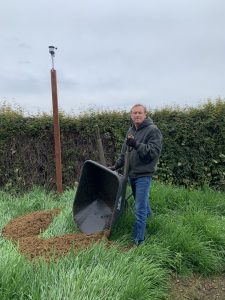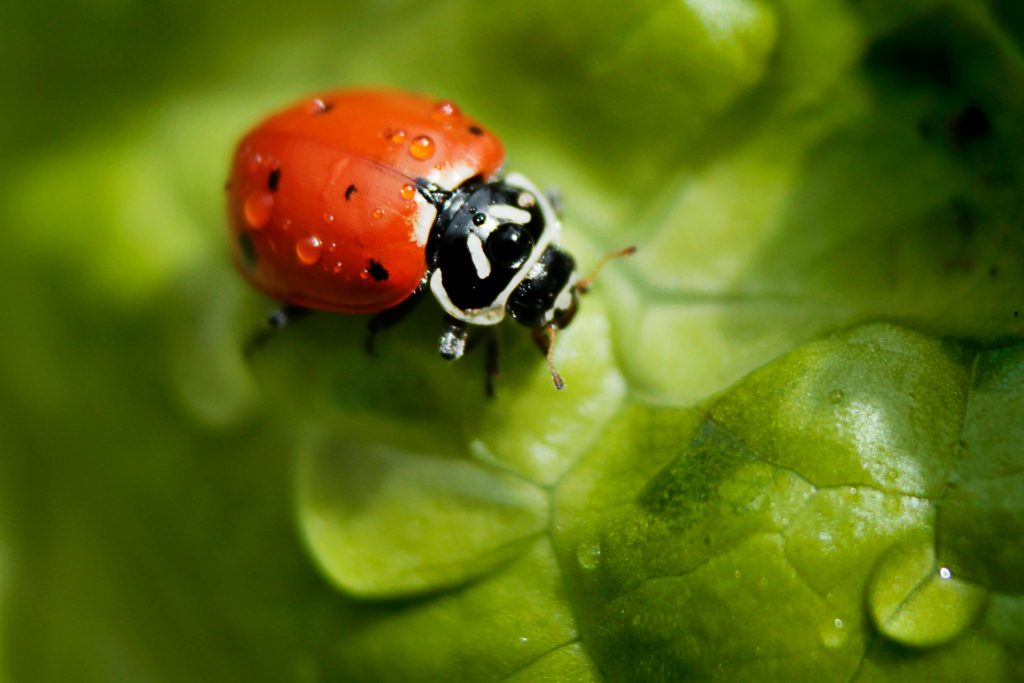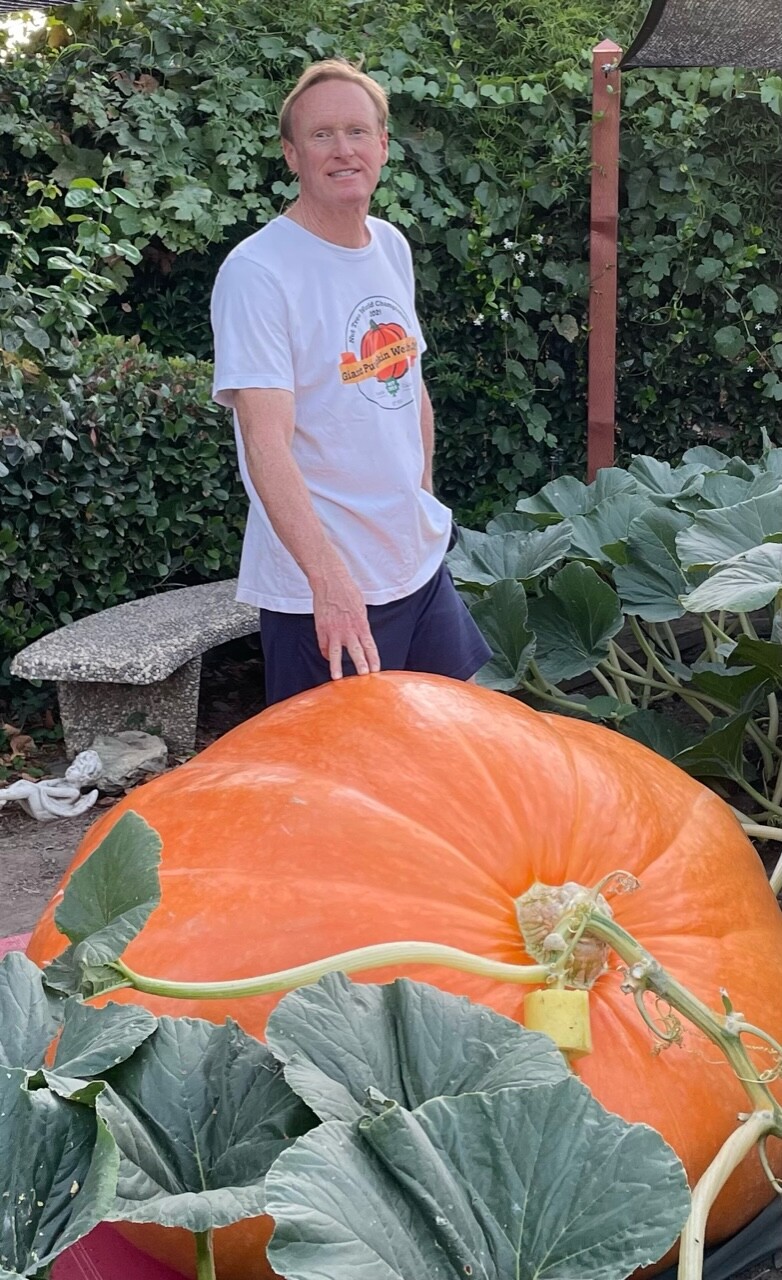In a world where synthetic pesticides and genetically modified organisms dominate agricultural practices, the allure of organic gardening shines brighter than ever. It’s a return to our roots, quite literally, where we work hand in hand with nature to cultivate vibrant, sustainable gardens. This isn’t just about what you grow; it’s a philosophy—a way of life that prioritizes harmony with the environment and the health of future generations.
Organic gardening has surged in popularity due to a growing awareness of conventional agricultural practices’ environmental and health implications. With concerns about synthetic pesticides, genetically modified organisms, and soil degradation on the rise, many people are growing organically as a sustainable alternative. This approach resonates with individuals seeking to reduce their ecological footprint and protect biodiversity while producing healthier, more nutritious food. Additionally, the desire for a deeper connection to nature and a hands-on approach to food production has fueled the appeal and benefits of organic gardening, drawing enthusiasts of all ages and backgrounds into the fold. Organic gardening has emerged as a vibrant and empowering movement as people increasingly prioritize sustainability, health, and a closer connection to the earth.
What is Organic Gardening?
At its core, organic gardening is about nurturing the soil and fostering biodiversity to create a balanced ecosystem. It rejects the use of synthetic fertilizers, pesticides, and genetically modified organisms, opting instead for natural methods to promote plant growth and manage pests and diseases. Organic practices minimize harm to the environment by avoiding synthetic chemicals that can leach into the soil and waterways, contaminating ecosystems. By nurturing healthy soil and supporting biodiversity, organic gardens contribute to the preservation of wildlife and the overall health of the planet.
Organically grown fruits and vegetables are free from potentially harmful synthetic pesticides and fertilizer residues. Studies have shown that organic produce often contains higher levels of beneficial nutrients and antioxidants, contributing to better overall health and well-being. Many gardeners swear by the superior taste of organic produce. By focusing on soil health and natural cultivation methods, organic gardening enhances the flavor and nutritional content of fruits, vegetables, and herbs, offering a more wholesome culinary experience.
While the initial investment in organic gardening products may seem daunting, it can ultimately save money in the long run. By adopting sustainable practices like composting, crop rotation, and natural pest control, organic gardeners reduce the need for costly inputs, such as chemical fertilizers and pesticides.

Synthetic fertilizers are typically cheaper because they are mass-produced using industrial processes, which utilize inexpensive raw materials such as ammonia and phosphate. These fertilizers provide plants with concentrated doses of specific nutrients, which can lead to rapid growth in the short term. However, the use of synthetic fertilizers can have detrimental effects on soil health over time, as they can disrupt the natural balance of nutrients and microbial activity, leading to soil degradation and decreased fertility.
On the other hand, organic fertilizers are derived from natural sources such as compost, manure, bone meal, and seaweed. While the initial cost of organic fertilizers may be higher due to the need to purchase or produce them, they offer several long-term benefits that can offset this expense. Organic fertilizers improve soil structure and fertility, promote microbial activity, and enhance nutrient retention, leading to healthier plants and increased yields over time. Additionally, organic fertilizers are less likely to leach into groundwater or cause pollution, reducing the need for costly environmental remediation efforts.
Moreover, organic fertilizers contribute to the overall health and resilience of the ecosystem by supporting beneficial soil organisms, conserving water, and reducing greenhouse gas emissions. As a result, many farmers and gardeners recognize the value of investing in organic fertilizers as part of a sustainable and regenerative approach to agriculture. While the upfront cost may be higher, the long-term benefits of organic fertilizers in terms of soil health, crop productivity, and environmental stewardship make them a wise investment for the future.
Backyard Organic Gardening Tips
Healthy soil is the foundation of a successful organic garden. Incorporate organic matter like compost, manure, and leaf mulch to improve soil structure, fertility, and moisture retention. Select plant varieties that are well-suited to your climate and soil conditions. Native plants and heirloom varieties often thrive in organic gardens, requiring less maintenance and offering greater resistance to pests and diseases.
My garden blog provides lots of information about composting, manure, and soil. My posts include cow manure, fertilizer basics, and more. While you are at it, check out my book Backyard Big: Growing Food in Your Backyard.
Rotate crops each season to prevent the buildup of pests and diseases in the soil. This practice also helps maintain soil fertility by balancing nutrient uptake and minimizing depletion of specific nutrients. Planting complementary crops together can help deter pests, attract beneficial insects, and improve overall plant health. Research companion planting combinations that work well in your region to maximize the benefits.
Encourage natural predators like ladybugs, lacewings, and birds to control pest populations in your garden. Additionally, explore organic pest control methods such as neem oil, insecticidal soaps, and homemade remedies using garlic, chili peppers, and other natural ingredients. Conserve water by mulching around plants to reduce evaporation, installing drip irrigation systems, and harvesting rainwater for irrigation. Efficient water management conserves a precious resource and promotes healthier plant growth.
Beyond the tangible benefits of this lifestyle lies a deeper connection to the earth and a sense of stewardship for the natural world. Tending to a garden organically fosters mindfulness, patience, and a profound appreciation for the cycles of life. It’s a journey of discovery, filled with moments of awe and wonder as you witness the beauty and resilience of nature firsthand.
So, whether you’re a seasoned gardener or a novice with a green thumb, consider embracing the principles of organic gardening in your own backyard. By cultivating an organic garden, you’re not just growing plants—you’re sowing the seeds of a healthier, more sustainable future for generations to come.

